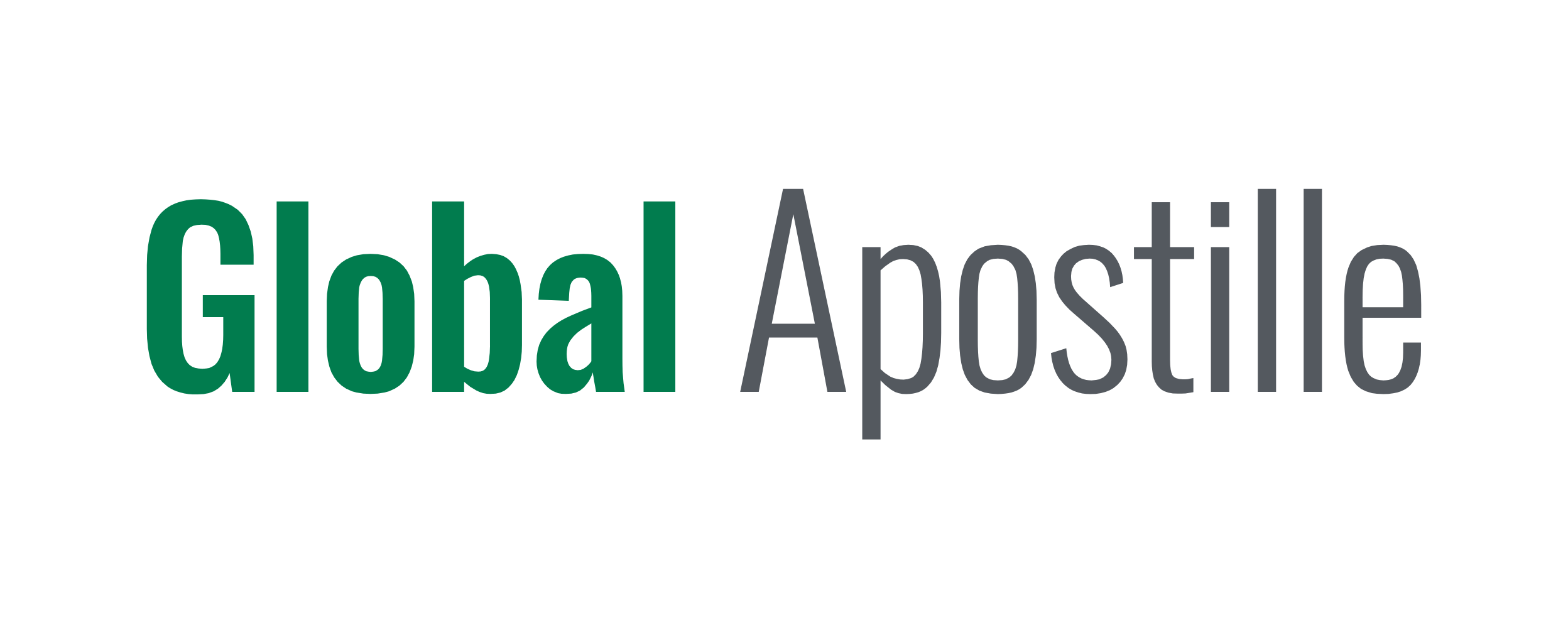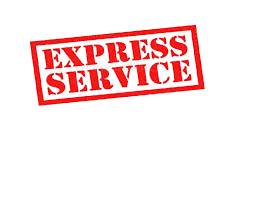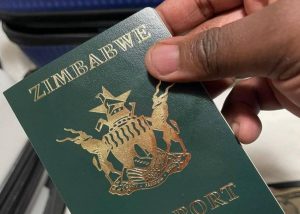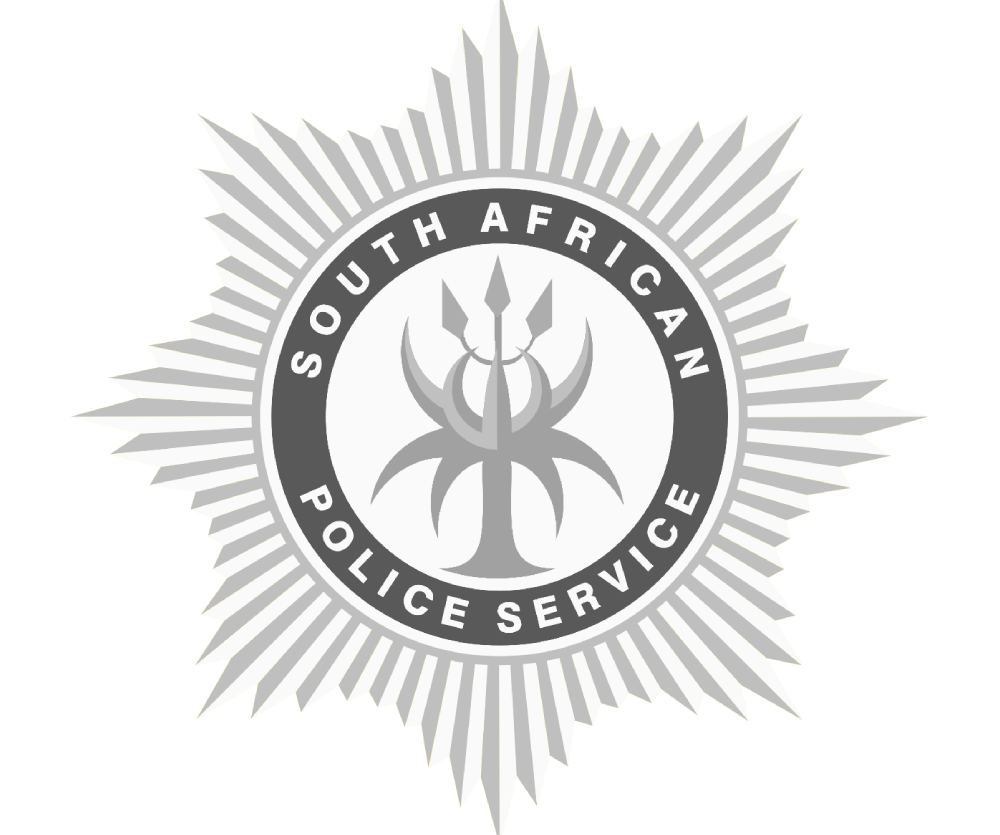What is the difference between a notary and an apostille in South Africa? It is easy to get the two confused, especially if you are a first-time traveller and need to get your documents authenticated. They both authenticate public documents but are different in the sense that notarised documents are only valid in South Africa and confirm the legal validity of a document’s signatures, while an apostille authenticates South African public documents so that can be used in other countries; therefore it ensures a document’s legality on a global scale. Below the article goes into detail differentiating between a notary and an apostille.
What is a Notary?
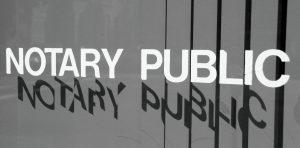 Notarised documents can only be used in South Africa and not in any other countries. A Notary is used as an authentication to prevent fraud and to verify that the document is genuine. A notary public is the person that does the notarisation of documents, they do this by vetting and certifying the documents, acting as witnesses, to ensure that the signature on the document is authentic and that the person who issued the signature of the document was a willing participant and not forced to sign the documents. They also verify the signer’s identity, through a state-issued identification, like a driver’s license.
Notarised documents can only be used in South Africa and not in any other countries. A Notary is used as an authentication to prevent fraud and to verify that the document is genuine. A notary public is the person that does the notarisation of documents, they do this by vetting and certifying the documents, acting as witnesses, to ensure that the signature on the document is authentic and that the person who issued the signature of the document was a willing participant and not forced to sign the documents. They also verify the signer’s identity, through a state-issued identification, like a driver’s license.
Once the Notary public has gone through all the legalisation steps, they will then sign the documents as well and apply their own seal, this is the final step to legalise the validity of the documents and their signatures. Although a notary public authenticates the signatures of documents, they do not apostille documents.
Lists of documents which are often notarised:
- Property deeds
- Loan documents
- Financial statements
- Wills and trust deeds
- Executorships
- Court documents
- Power of attorney
- Articles of incorporation
- Commercial leases
- Employment contracts
What is an Apostille?
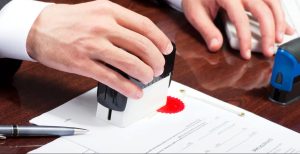 An apostille is a certificate that is attached to your South African public documents. This certificate legalises and authenticates your documents so that they can be used abroad. Though there are some official South African documents which may need to be notarised first before they can be apostilled so that they can be used overseas. Not all countries allow apostilled documents, there are some which only allow Embassy legalisation in order to use your public documents in their country. These countries are those which are not signatories to the Hague Apostille Convention of 1961. Embassy legalisation is the process whereby Your documents would first need to be notarised, then authenticated by DIRCO (Department of International Relations and Cooperations) and then send to the embassy of the country you’ll be heading to, so that they can be certified to be used in that country.
An apostille is a certificate that is attached to your South African public documents. This certificate legalises and authenticates your documents so that they can be used abroad. Though there are some official South African documents which may need to be notarised first before they can be apostilled so that they can be used overseas. Not all countries allow apostilled documents, there are some which only allow Embassy legalisation in order to use your public documents in their country. These countries are those which are not signatories to the Hague Apostille Convention of 1961. Embassy legalisation is the process whereby Your documents would first need to be notarised, then authenticated by DIRCO (Department of International Relations and Cooperations) and then send to the embassy of the country you’ll be heading to, so that they can be certified to be used in that country.
The Hague Apostille Convention requires that each country part of the convention nominate a legal body within the country to issue apostilles — in South Africa, an apostille is either issued at the South African High Court or DIRCO.
List of documents which are often apostilled:

- Letter of No Impediment
- Birth certificate
- Death certificate
- Marriage certificate
- Divorce certificate
- TEFL certificate
- South African qualifications
- Academic transcripts
- Police clearance
- Copy of driver’s license
- Copy of passport
- Power of attorneys
Global Apostille Legalisation Services
Global Apostille is a Pretoria-based legalisation agency that assists corporations and individuals in getting apostilles and embassy legalization services in South Africa for documents to be used abroad. We make the legalization and apostille of South African documents simple for our clients.
Understanding that document authentication can be challenging and time-consuming, our main aim is to ensure our clients feel at ease. Our goal is to lessen this load by offering top-notch apostilling services at reasonable rates, without any hidden charges.
Global Apostille can handle various types of documents on your behalf from Birth Certificate to Power of Attorney. Our service offers a comprehensive solution, ensuring both official translation and legalization processes are straightforward. If you want to know more about our services, feel free to get in touch with us.
Tel: 012 348 3134 | 081 347 6060
Email: info@apostillelegalisation.co.za

